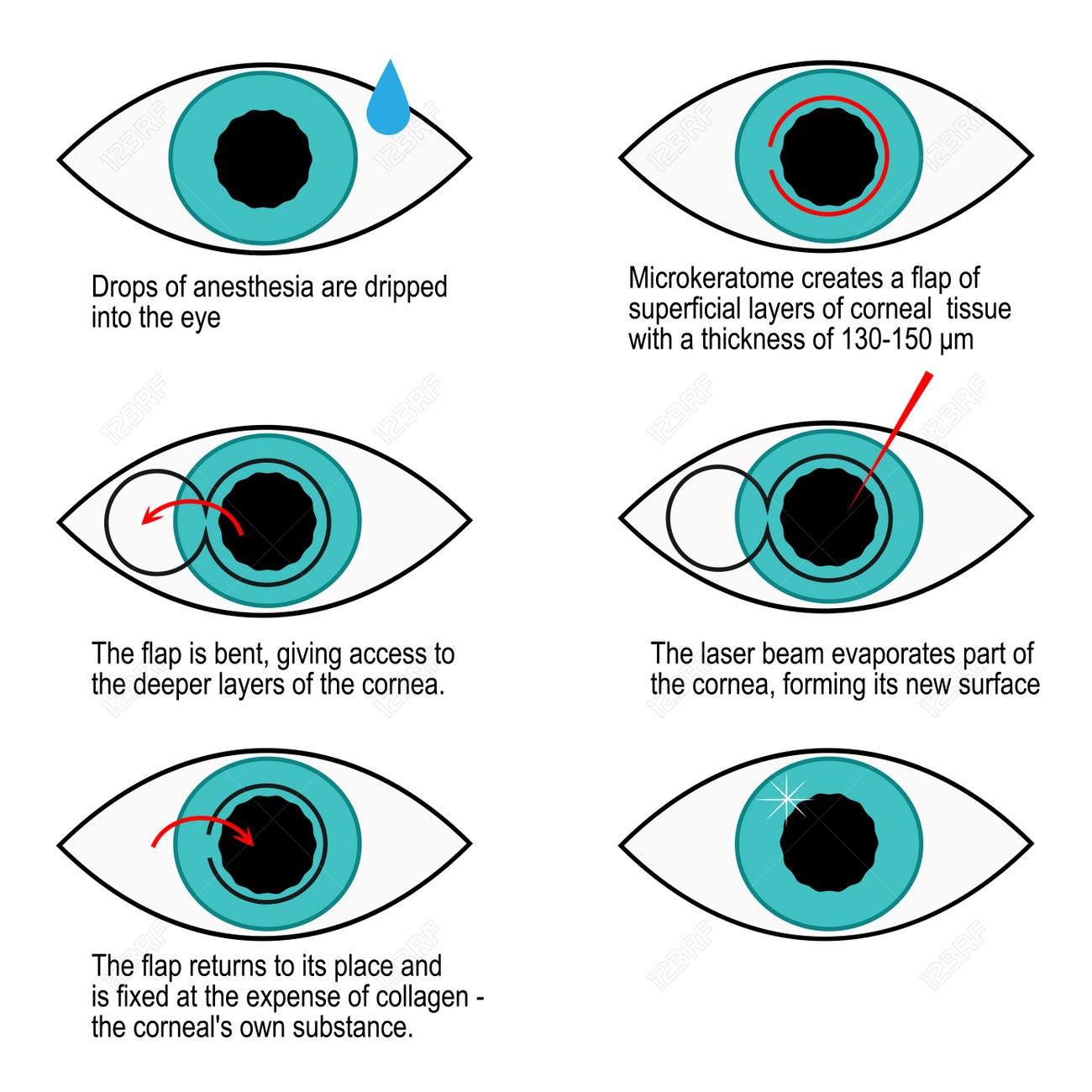Refractive Lens Exchange: A Comprehensive Overview To Better Vision
Refractive Lens Exchange: A Comprehensive Overview To Better Vision
Blog Article
Authored By-Gibbs Munck
If you're over 40 and struggling with vision concerns like hyperopia or myopia, Refractive Lens Exchange (RLE) may be worth thinking about. This treatment changes your natural lens with an artificial one, possibly reducing your dependancy on glasses. While the benefits are appealing, it's critical to understand the risks and eligibility requirements. What should you know prior to making a decision that could change your vision forever? Allow's explore this subject even more.
Comprehending Refractive Lens Exchange
Understanding Refractive Lens Exchange (RLE) can be vital for those taking into consideration vision correction alternatives.
RLE is a surgical procedure that replaces your eye's natural lens with a synthetic intraocular lens. It's mostly targeted at remedying serious refractive mistakes, such as hyperopia, nearsightedness, or presbyopia.
During the procedure, your cosmetic surgeon will remove your cloudy or clear lens and change it with a lens customized to your vision needs. This alternative is commonly thought about for individuals over 40 that may not be suitable prospects for LASIK.
By choosing RLE, you're not just enhancing your vision; you're additionally potentially reducing your dependence on glasses or call lenses.
Comprehending how RLE works will certainly empower you to make informed choices regarding your vision health.
Benefits and Threats of RLE
Selecting RLE not just offers a possibility to boost your vision but likewise comes with its own set of benefits and threats.
One substantial benefit is the capacity for clearer vision, lowering or removing your dependence on glasses or get in touch with lenses. You might likewise experience a wider range of vision, specifically if you go with multifocal lenses.
However, there are risks involved, such as infection, complications during surgery, or discontentment with the outcomes. Some people experience visual disturbances like halos or glare.
It's important to consider these advantages and threats carefully. Consulting with your eye care expert can help you make an informed decision that aligns with your vision objectives and way of living.
Eligibility Criteria for Refractive Lens Exchange
Prior to thinking about Refractive Lens Exchange (RLE), it's crucial to establish if you meet the eligibility criteria. Usually, you're a good prospect if you're over 40 years of ages and have a steady prescription.
where is cataract surgery performed should also be experiencing refractive mistakes like nearsightedness, hyperopia, or presbyopia. It is necessary to have healthy eyes with no significant conditions, such as cataracts or glaucoma.
In addition, you need to be in good total health and not have any problems that might affect recovery, like unrestrained diabetes mellitus. If you put on call lenses, you might require to stop using them for some time before your analysis.
Consulting with an eye treatment specialist will certainly help you understand your certain situation and whether RLE is right for you.
Conclusion
Finally, refractive lens exchange can change your vision and decrease your reliance on glasses or contacts. While it uses various advantages, it's vital to recognize the threats and guarantee you fulfill the qualification criteria. Consulting with an eye care specialist will aid you make an enlightened decision customized to your demands. If you're thinking about RLE, make the effort to discover your options and discuss any issues, leading the way for more clear, more dynamic vision.
